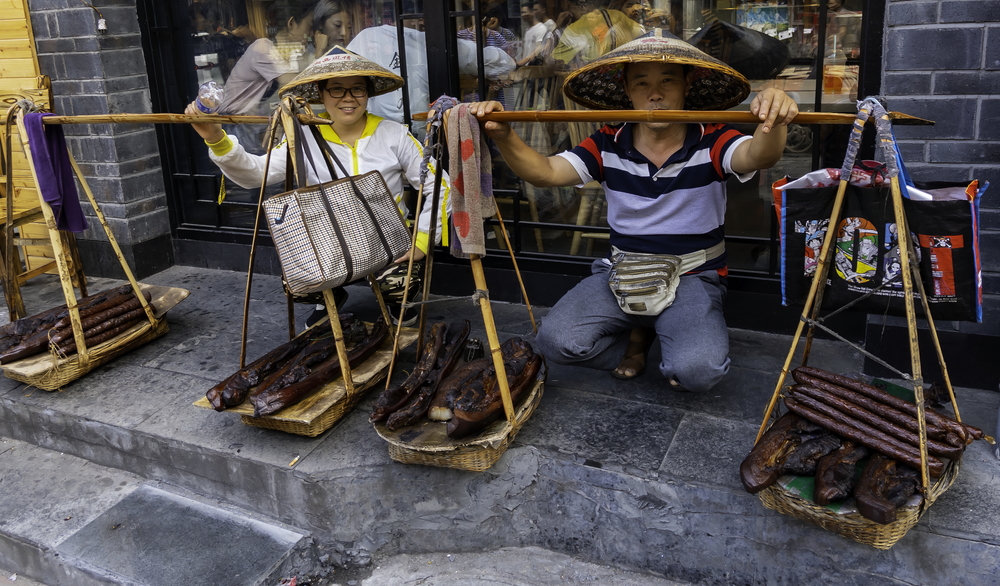China – The world’s second biggest economy has just managed to climb back up to the top after the resurgence of business models coming back from the harsh COVID-19 lockdown. It has just reached the highest level if that’s ever been in the last 5 years with the service sector of their market expanding at a rapid pace.
Shanghai boasted that their shares had continued to recover for a plummet in February during the time the COVID-19 pandemic had started having been according to the caixin/markit purchasing managers’ index .
“This [latest survey] suggests the services sector’s recovery is gaining traction, However, we caution that the recovery momentum could lose some steam in coming months.”said analysts at Nomura, which recently raised its forecast for China’s second-quarter GDP growth to 2.6% year-on-year from 1.2%., a staggering meteoric rise.
Though the rise in business shares has gone up, China has been going on the trend of downsizing and dropping employment contracts starting from May and increasing at a fast pace into June with jobs affected and the economy hitting a sharp recession with no way to bail out except for a slow growth considering the rest of the world economy had been affected just as badly.
“Although businesses were optimistic about the economic outlook, they remained cautious about increasing hiring, with employment in both the manufacturing and services sectors shrinking.” Wang Zhe, senior economist at Caixin, said.
The increase in street hawkers and street sellers has entered the picture to save the stunted Chinese market as they emerge with easing of the COVID-19 regulations.
“I don’t think it’s really about so many people excited about vending. It’s an opportunity to see the relaxing of control.” said one of the many vendors who have come to sell their wares on the street.
“Is vending being embraced in a way that views the street as a place where people, even rural people, should be able to pursue a livelihood? I’m not sure. This is another top-down initiative, not a deliberative response to local expressions of need.” Associate professor in the department of sociology at the University of British Columbia Amy Hanser said.
“I am looking for a job while also running a stall. We have come out because the policy is relaxing, and there is nothing else to do” said Xue, who studied human resources.
![]()
